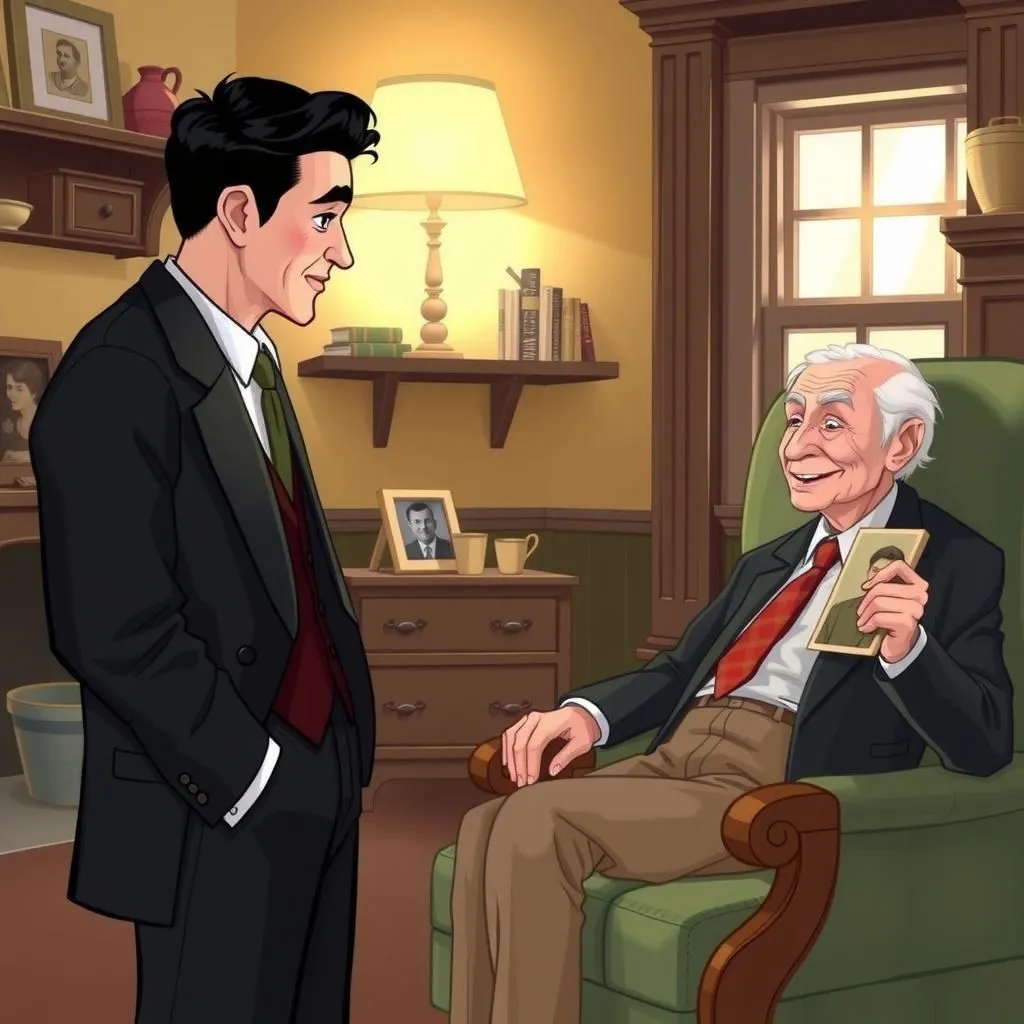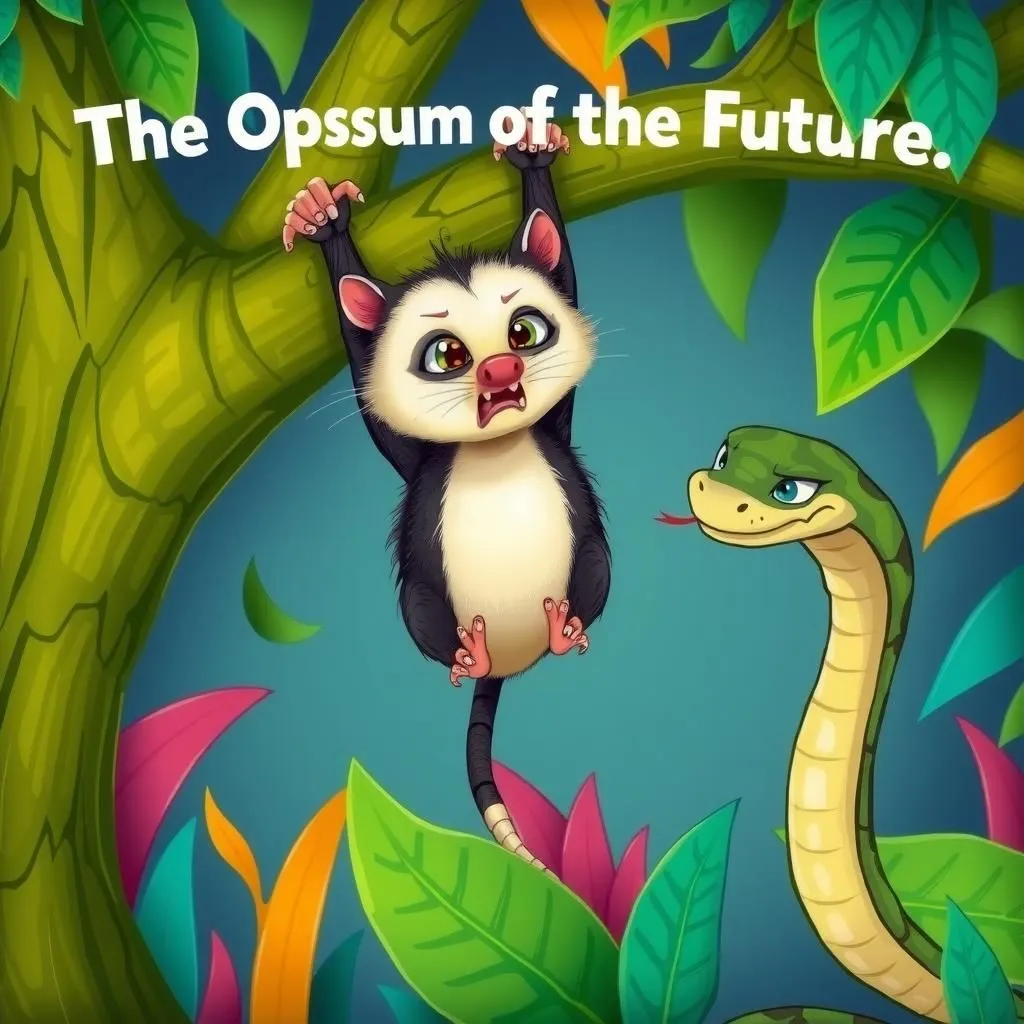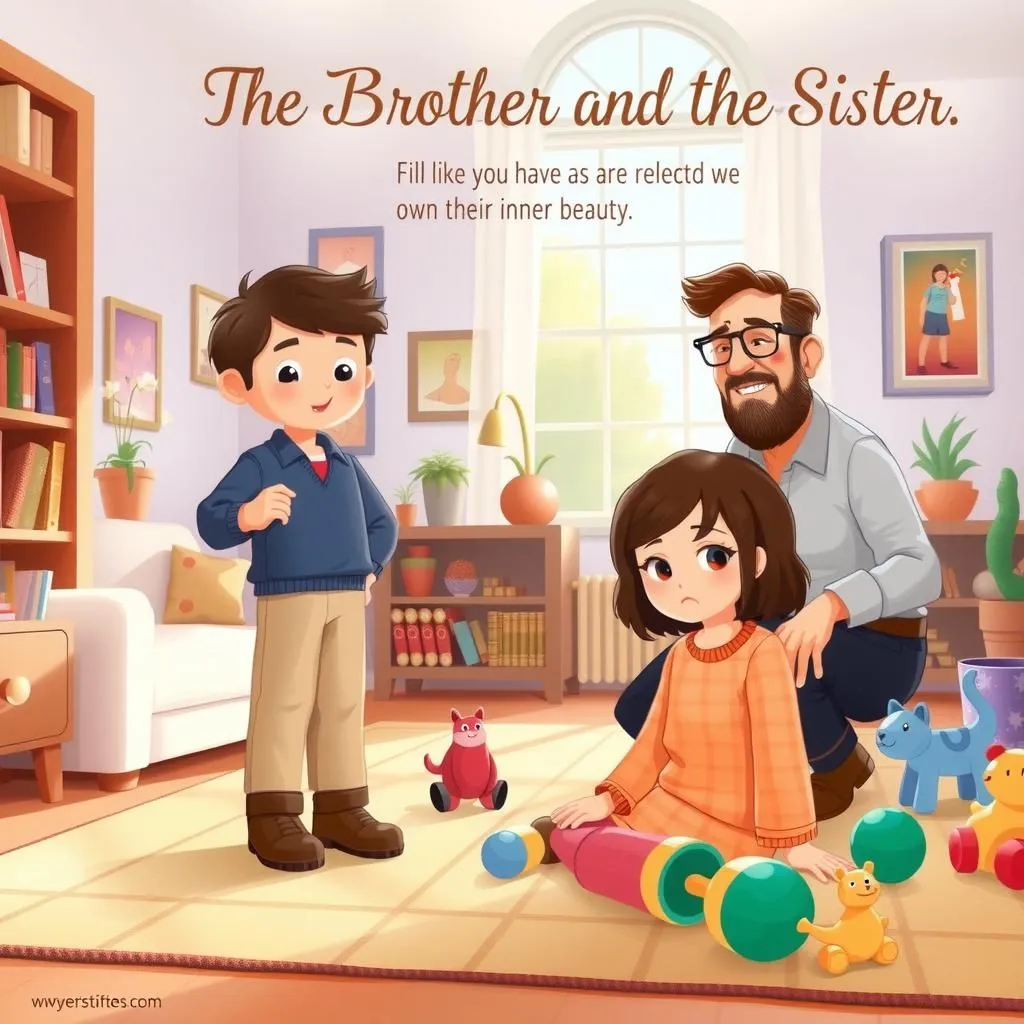
The Bull and the Calf
In "The Bull and the Calf," a classic short moral story, an experienced Bull struggles to navigate a narrow passage to his stall. When a young Calf offers to help, the Bull arrogantly dismisses him, claiming he knows the way better than the Calf, highlighting a timeless lesson about the value of humility and accepting guidance. This tale serves as an engaging example of moral stories for young readers, teaching important life lessons.


